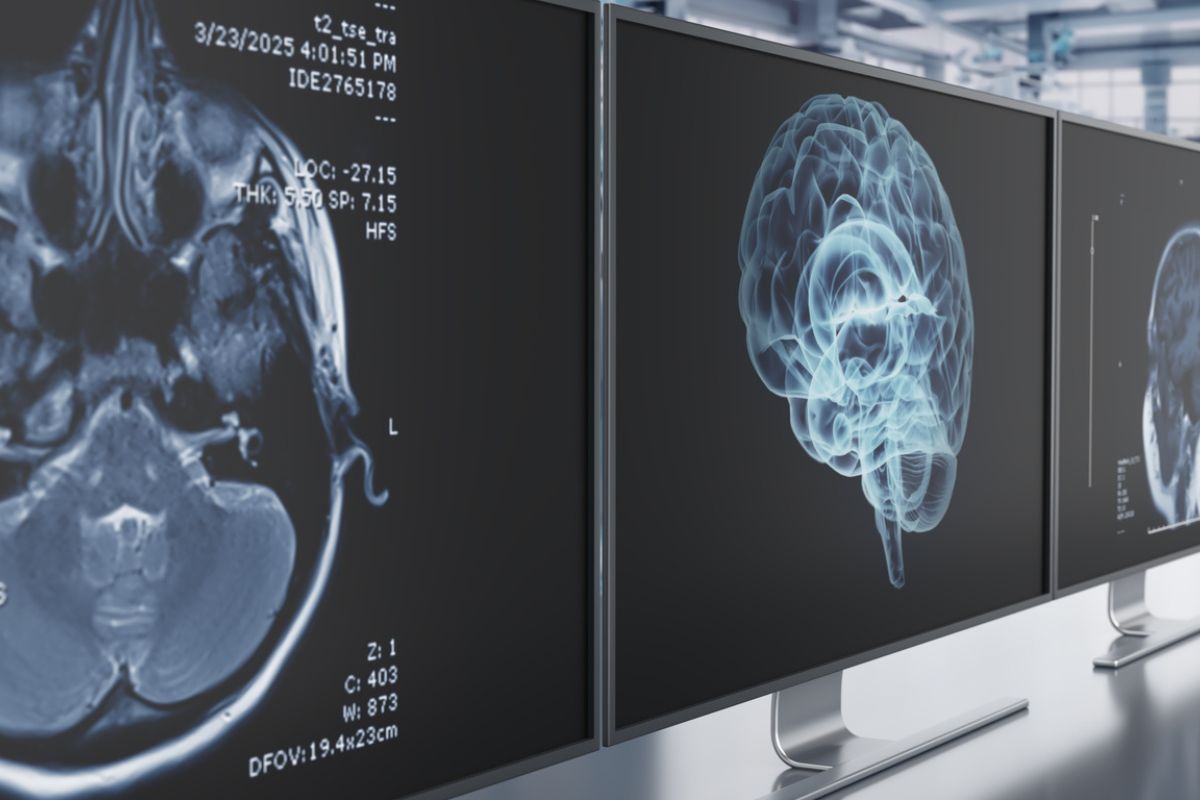A sweeping new meta-analysis suggests that fasting might be as bad for us (at least mentally) as we once thought.
Appearing online in Psychological Bulletin, the paper is the product of researchers combing through more than 70 experiments on how fasting influences cognitive performance in healthy adults. And their discovery? On average, fasting doesn’t appear to make any difference one way or another.
Separating Fact From Fiction
We’ve heard for decades that an empty stomach clouds our thinking. Whether it’s advice about breakfast or which snacks are best, the moral is always the same: Eating supports clarity.
Despite that, intermittent fasting has gone mainstream, lauded by so many for its health and longevity benefits. And it’s that quiet conflict, between appetite and acuity, that pushed this international team of researchers to re-evaluate the existing research.
Pooling 222 effect sizes from 3,484 participants, the researchers found a near-zero average difference between fasted and fed individuals. In short, people performed just as well on standard psychological tasks (attention, memory, and reasoning) after fasting as they did after eating.
The variability between studies was negligible, underscoring a consistent pattern across experiments.
“People often worry that if they fast they won’t be able to concentrate at work or study effectively,” David Moreau, PhD, a University of Auckland neuroscientist and senior author, said. “Our results show that, for most adults, short-term fasting is unlikely to have a major impact on mental sharpness.”
How We’re Able to Cope
Fasting tweaks how the body fuels the brain, forcing it to switch from glucose to ketones once glycogen stores run low. Ketone metabolism, the researchers note, might even have helped early humans stay sharp when food sources (and supplies) ran low.
That metabolic flexibility – along with a bit of psychological adaptation – appears to protect the brain. Early hunger pangs might be a bit of a distraction, but most of us are able to get over it. Over time, the body’s switch to ketone use stabilizes energy supply, and the mind grows less preoccupied with food.
“It seems the brain is quite resilient in the face of temporary food shortages,” Moreau added. “Humans evolved with periods of food scarcity, so it makes sense our cognitive systems can function well without constant refuelling. That said, children and teenagers appear more vulnerable, which fits with what we know about their high energy demands.”
A Closer Look at Duration, Age, and Context
As Moreau suggested, fasting isn’t the same for everyone. And not all fasts are the same. Relevant factors include:
- Duration. Short fasts – between 8 and 12 hours – made little difference. While longer fasts – longer than 48 hours – slightly lowered performance, particularly in younger adults. Beyond that, as ketosis takes hold, things leveled off again, hinting at a U-shaped curve.
- Time of day. Participants tested later in the afternoon performed worse than morning test-takers, which the authors suggest could reflect circadian dips in glucose and (consequently) attention.
- Age. Younger participants showed measurable declines in memory and attention when hungry, echoing earlier studies on the benefits of breakfast. Adults, on the other hand, showed almost no difference between fasted and fed states.
- BMI. Participants with higher (but within the healthy range) BMI appeared less affected, maybe because greater energy reserves blunt hunger’s impact.
The task itself also seemed to matter. When experiments used food-related images – such as estimating portion sizes or identifying snacks – fasted subjects performed slightly worse than those who’d eaten. During neutral tasks, the difference vanished and (sometimes) reversed. Hunger, the authors theorize, sharpens attention toward food cues but might momentarily hijack focus away from unrelated goals.
Notably, the researchers also discovered that expectations seem to shape outcomes. Participants who believed fasting would improve mental clarity tended to perform better, hinting at the influence of a psychological placebo effect.
Implications
For most healthy adults, fasting seems to be cognitively safe. That’s good news for fans of intermittent fasting, time-restricted eating, or calorie-cycling plans. It also offers reassurance for those observing non-religious fasts for health or weight control.
But the authors point out that there are caveats. Children, adolescents, and those with medical conditions (such as diabetes) might still suffer sharper cognitive dips. And while the research shows that skipping a meal won’t shatter our concentration completely, it doesn’t prove that fasting boosts mental performance either.
“These results don’t mean fasting is risk-free for everyone,” lead author and former Auckland PhD student Christoph Bamberg explained. “People with health conditions, children, and those fasting for extended periods may still experience negative effects. Our review highlights the need for careful consideration in these groups.”
Further Reading
Restrictive Diets Could Make Depression Worse



